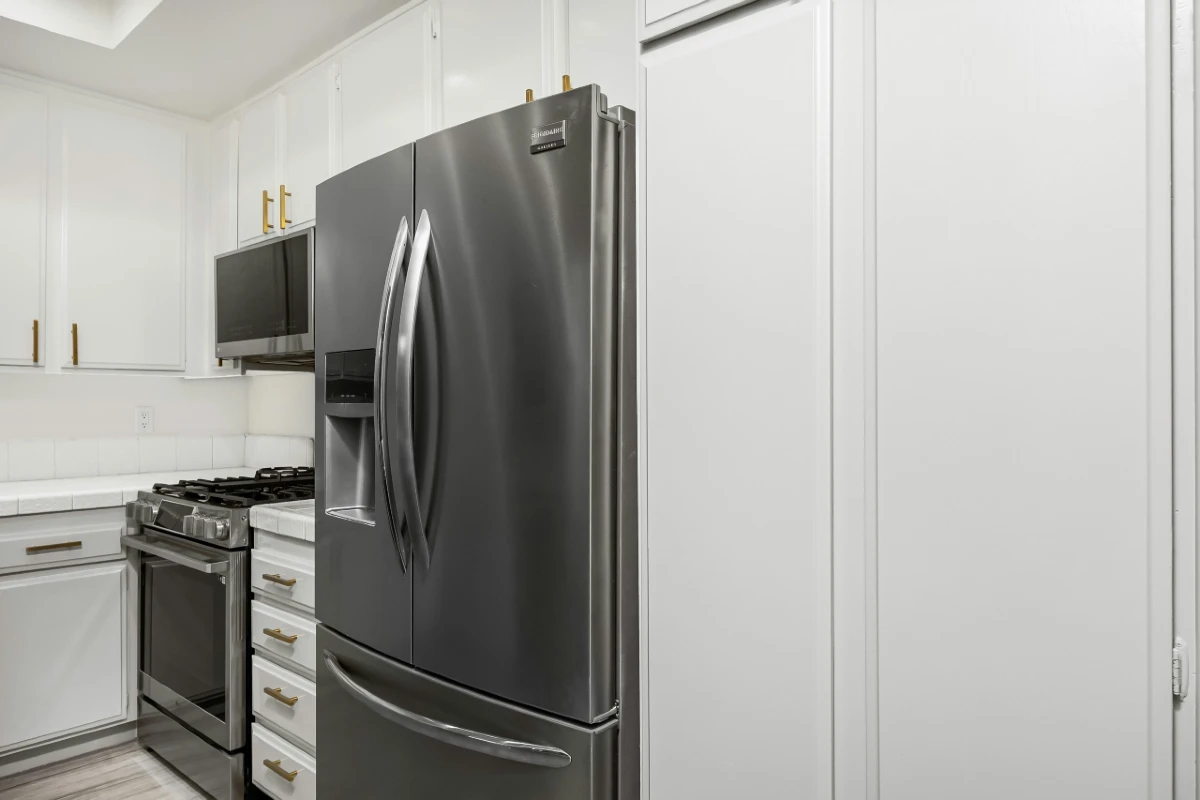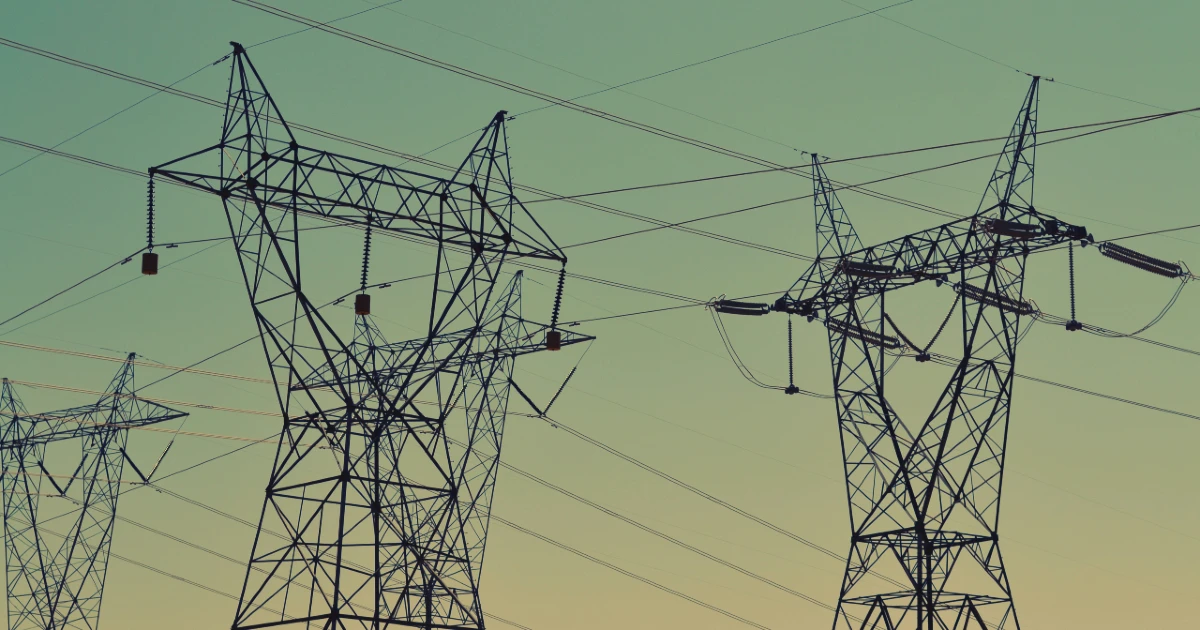Appliance leaks are one of the most common causes of water damage in rental properties. Whether it’s a leaking washing machine, a failed water heater, or a dishwasher overflow, even a small malfunction can lead to soaked floors, mold risk, and costly repairs.
In this article, we’ll walk landlords through which appliances pose the highest risk, how landlord insurance handles appliance-related water damage, and what you can do to prevent costly claims.
Appliances most likely to cause water damage
While any appliance connected to a water source can leak, some are more problematic than others—especially in older homes or properties with deferred maintenance. The most common culprits include:
- Washing machines with loose or aging supply hoses
- Dishwashers that overflow or leak from door gaskets
- Refrigerators with clogged or cracked ice maker lines
- Water heaters that fail at the tank or supply valve
- HVAC systems with blocked or damaged condensate drain lines
In many cases, these leaks happen behind walls or under cabinetry—going unnoticed until the damage is significant. Ceiling water damage is also common when appliances are located on upper floors.
Is appliance-related water damage covered by landlord insurance?
Generally, yes—landlord insurance will cover water damage caused by a sudden appliance failure. That includes:
- Repair of affected structural elements like floors, drywall, or baseboards
- Drying and water mitigation services
- Potential loss of rental income during repairs
- Mold remediation if directly tied to the covered event
However, the appliance itself is typically not covered. For example, if a water heater bursts, your insurance may cover the water damage, but not the cost to replace the heater.
Coverage may also be denied if the issue stems from gradual wear, improper installation, or long-known leaks that weren’t addressed—similar to limitations found in basement water damage scenarios.
When is the landlord responsible versus the tenant?
Responsibility depends on what caused the leak and who controls the appliance. In general:
- If the appliance is landlord-owned and maintained, the landlord is responsible
- If the tenant brought the appliance and failed to maintain it, liability may fall on them
- If tenant misuse (e.g. overloading a washing machine) causes the issue, liability coverage may apply
In multi-unit buildings, disputes may arise over which unit caused the damage. Clear lease terms and maintenance logs can help resolve those issues quickly—and keep you protected if claims arise.

Preventing appliance leaks in rental properties
Prevention is key—especially since many appliance-related leaks are entirely avoidable. Here’s what landlords can do:
- Replace rubber supply lines on washers and dishwashers with braided steel
- Add drain pans under water heaters, HVAC units, and washing machines
- Install leak detection sensors that send mobile alerts
- Flush water heaters annually to reduce sediment buildup
- Perform seasonal inspections on HVAC and plumbing systems
Adding equipment breakdown coverage can also help if key systems like your water heater or HVAC unit fail and damage the property.
What to do after an appliance leak
If a tenant reports an appliance leak or you discover water damage during an inspection:
- Shut off water to the appliance immediately
- Begin drying the affected area and call a mitigation team
- Take photos of the damage and the appliance itself
- Contact your insurance carrier to file a claim
- Make sure the issue is repaired before the next tenant moves in
If water damage reaches a basement or shared space, review your policy limits and exclusions to avoid underinsurance.
More water damage topics:
Final thoughts
Appliance malfunctions are a leading source of preventable water damage in rentals. With the right maintenance plan—and comprehensive landlord insurance—you can limit your exposure and avoid tenant disruption.
Want to make sure you’re covered for appliance-related leaks and the water damage they cause? Get a quote from Steadily in minutes and protect your rental the right way.






.png)
.jpg)
.jpg)


.png)